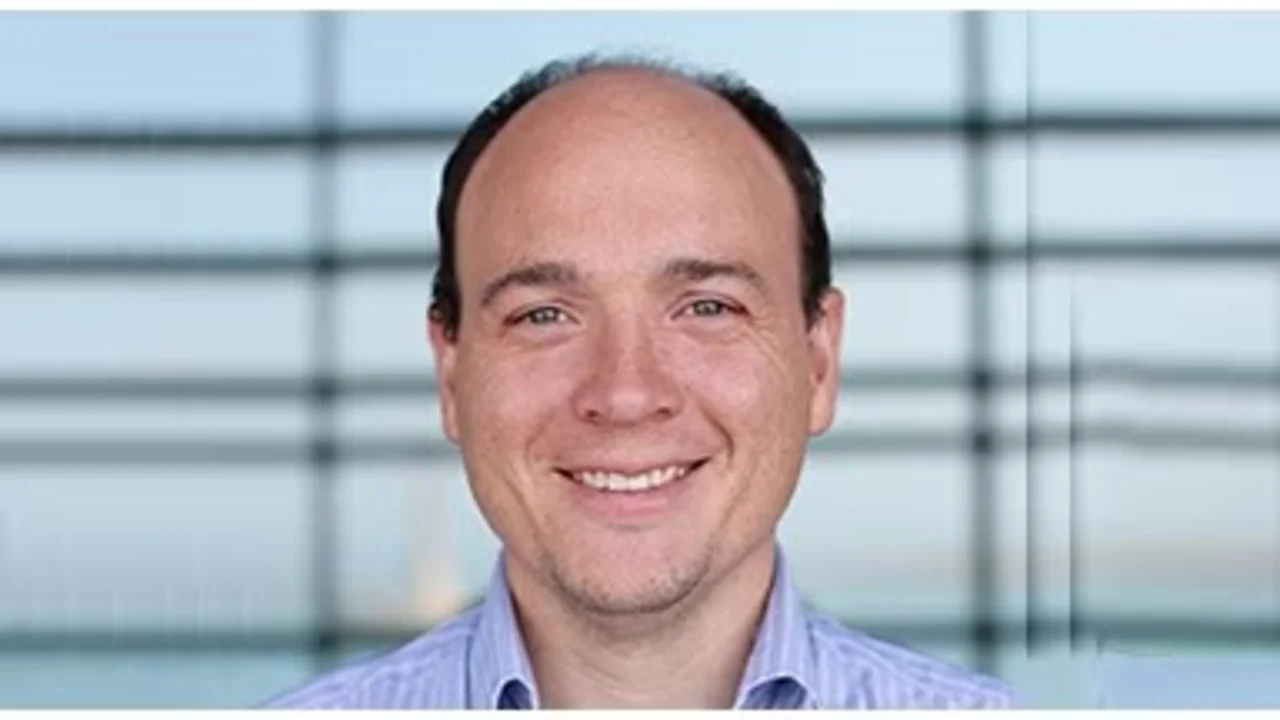
Alexander Litvinenko
- Senior Research Scientist, Stochastic Numerics Research Group
About
Alexander Litvinenko worked as a Senior Research Scientist at Professor Raul F. Tempone's Stochastic Numerics Research Group at King Abdullah University of Science and Technology (KAUST). After 5 years as a research scientist at KAUST (in various groups: the Stochastic Numerics Group and Strategic Initiative in Uncertainty Quantification, Extreme Computing Research Center, and Bayesian Computing) Alexander moved to RWTH Aachen to the position Group leader in Uncertainty Quantification. He earned B.S. and M.S. degrees working on data analysis at Sobolev Institute of Mathematics at the Novosibirsk State University. During my undergraduate study, my research interests were related to the building of optimal decision trees for various areas of applications [22-27]. Alexander did his Ph.D. [21] in a group of Prof. Hackbusch at Max-Planck-Institut fuer Mathematik in Leipzig, Germany. His Ph.D. research focus was a combination of domain decomposition methods and hierarchical matrices for solving elliptic PDEs with jumping and strongly oscillatory coefficients.
Research Interests
Very often mathematical models (given by partial or ordinary differential equations) contain parameters that are uncertain. Typical examples are conductivity coefficients in groundwater flow problems and porosity. The uncertain heterogeneity in the material can affect the system behaviour dramatically. One of the most used techniques to model such uncertainties is random fields. To solve resulting PDE with random fields (stochastic PDE) numerically one has to discretise the deterministic operator as well as the high-dimensional stochastic operator. There are different methods to discretise and to solve these stochastic PDEs: stochastic Galerkin, collocation, sparse grids, (quasi) MC etc. To reduce the computational complexity the stochastic forward problem is approximated in a low-rank/sparse tensor data format. His current research interests are efficient numerical methods for solving multi-parametric/stochastic PDEs; multi-linear algebra for analyzing of large data and low-rank/sparse tensor methods for uncertainty quantification; uncertainty quantification in inverse problems and data assimilation; and spatio-temporal statistics. His research is motivated by real-world applications in the areas of subsurface hydrology, oil recovery, vadoze zone hydrology, aerospace engineering, and so on. He has made some important contributions to: fast numerical techniques using low-rank tensor approximations to solve stochastic PDEs; inexpensive functional generalized polynomial approximation of classical Bayesian update formula; theory and numerical methods for approximation of large covariance matrices in spatial statistics using low-rank concepts; probabilistic/stochastic methods to model and quantify uncertainties in coefficients, parameters and computational geometry. He has collaborated with researchers from different areas including geoscientists, engineers, and statisticians.
Selected Publications
- H. G. Matthies, E. Zander, B. V. Rosić, A. Litvinenko, O. Pajonk, Inverse Problems in a Bayesian Setting, Chapter in the book Computational Methods for Solids and Fluids, edited by Adnan Ibrahimbegovic, Springer, 2016.
- W. Nowak, A. Litvinenko, Kriging accelerated by orders of magnitude: combining lowrank covariance approximations with FFT-techniques, Mathematical Geosciences, 2013, Vol. 45, Issue 4, pp 411-435.
- M. Espig, W. Hackbusch, A. Litvinenko, H. G. Matthies, Ph. Waehnert, Efficient low-rank approximation of the stochastic Galerkin matrix in tensor formats, Computers & Mathematics with Applications, (2012).
- B. Rosic, A. Litvinenko, O. Pajonk and H. G. Matthies, Sampling-free linear Bayesian update of polynomial chaos representations, J. Comp. Physics, 231(2012), pp 5761-5787.
- A. Litvinenko and H. G. Matthies, Numerical Methods for Uncertainty Quantification and Bayesian update in Aerodynamics, chapter in the book Management and Minimisation of Uncertainties and Errors in Numerical Aerodynamics, pp. 267-283, Editors: B. Eisfeld, H. Barnewitz, W. Fritz, F. Thiele, Springer, 2013.
- M. Espig, W. Hackbusch, A. Litvinenko, H. G. Matthies and E. Zander, Efficien Analysis of High Dimensional Data in Tensor Formats, Springer LNCSE ''Sparse Grids and Applications'', vol. 88, pp 31-56, (2012).
Education Profile
- 2007-2013, PostDoc at Institute of Scientific Computing,TU Braunschweig, Germany, www.wire.tu-bs.de
- 2002-2006, Promotion in the group of Scientific computing at Max-Planck-Institut fuer Mathematik in den Naturwissenschaften, Leipzig, Germany, www.mis.mpg.de
- 2000-2002, Master degree in Mathematics at Novosibirsk State University and Laboratory of Data Analysis of Sobolev Institute of Mathematics www.math.nsc.ru (Russian Academy of Sciences)
- 1996-2000, Bachelor degree in Mathematics at Novosibirsk State University www.nsu.ru
Professional Memberships
- SIAM, SIAM CSE, GAMM.
